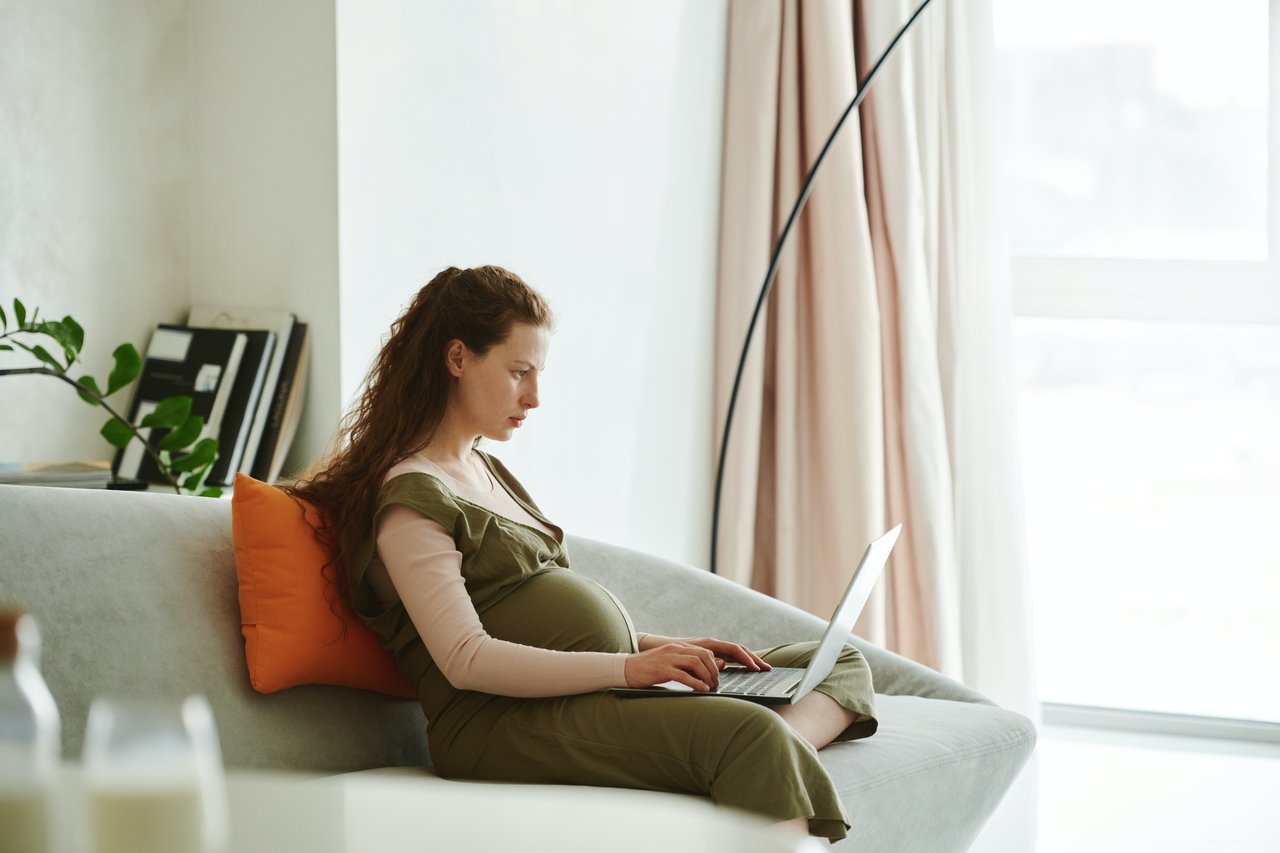Summer school holidays are a much-anticipated time for children all over the world, and in Austria, they are no exception.
Even though the country might be better known for its winter tourism, families in Austria look forward to the summer activities, with countless lakes, hiking trails and possibilities for little ones and adults alike. Of course, many families also see the more extended school break as an opportunity to travel abroad, with destinations by the beach – such as Italy, Croatia, and Spain – being popular among Austrians.
Whether you’re a resident of Austria or planning a visit, knowing when the school holidays will happen will help you plan your summer activities and make the most of the season.
READ ALSO: Five lesser-known tourist spots in Austria that you should visit
2023 summer holidays
The summer holidays are the main vacation period for schoolchildren in Austria. The exact start and end dates vary yearly and depend on the state. Here are the dates for 2023:
- Burgenland, Lower Austria and Vienna: July 1st to September 3rd;
- Carinthia, Upper Austria, Salzburg, Styria, Tyrol, and Vorarlberg: July 8th to September 10th.
Other holidays coming up
Before the more extended break, though, kids will have another holiday already in May. From May 27th to May 29th, they are off to the “Withsun holidays”. However, this year the dates fall on a Saturday and Sunday (May 29th is a Monday).
Besides that, in October, children get their “Autumn break” (Herbstferien), which this year will be from Friday, October 27th, to Tuesday, October 31st.
READ ALSO: Working in Austria: How many holidays can I take?
Finally, by the end of December, they get a Christmas holiday, which this year will be from Saturday, December 23rd, to Saturday, January 6th.
This is valid for all compulsory schooling, meaning Volksschulen, Mittelschulen, Sonderschulen, Polytechnische Schulen, and Berufsschulen.
Of course, schools are also closed during official bank holidays in Austria. The country is very generous with its holidays, and there are 13 federal ones every year. Besides the ones in May (1st, 18th and 29th), schools will be closed on June 8th (Corpus Christi), August 15th (though this is already during summer holidays), October 26th (National Day), November 1st (All Saint’s Day), and December 8th (Feast of the Immaculate Conception).
READ ALSO: Find out the Austrian public holidays in 2023
Christmas Day (December 25th) and St. Stephen’s Day (December 26th) are also public holidays, but schools would be closed nonetheless due to the extended Christmas break.
Some provinces also have local holidays and celebrations, so staying in touch with your school and following the official announcements is worth it.




 Please whitelist us to continue reading.
Please whitelist us to continue reading.
Member comments